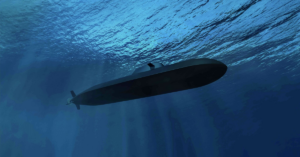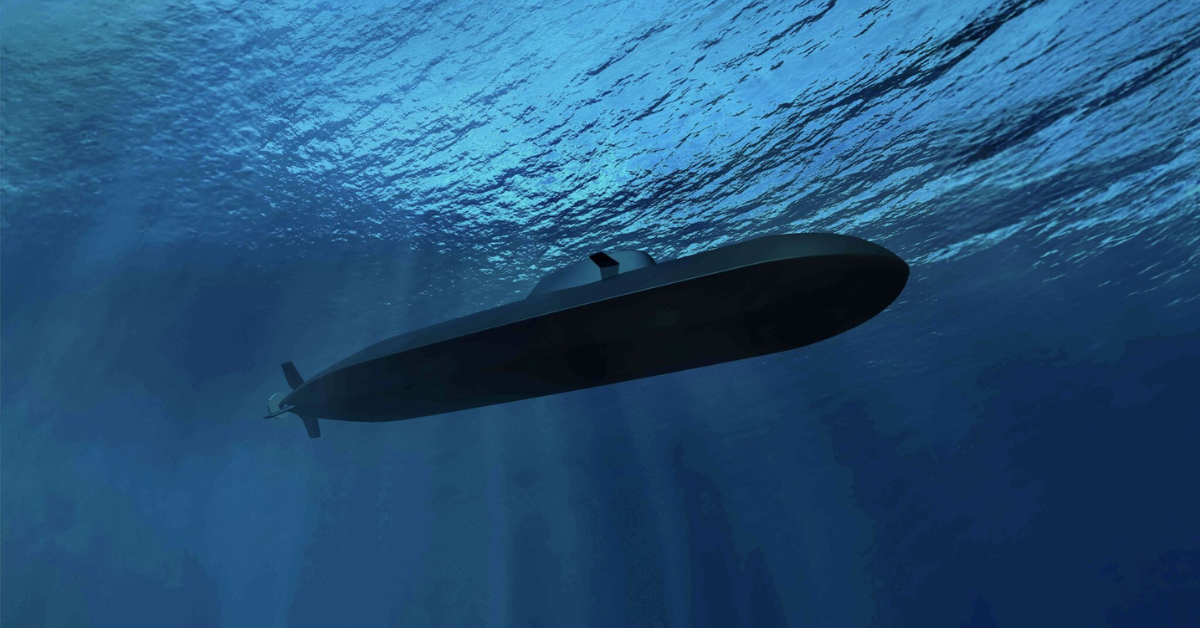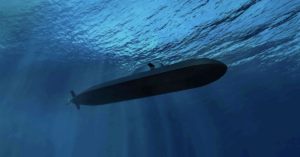
Watch: Israel Strikes Yemen’s Ports & Energy Facilities In Retaliation For Houthi Attacks
December 20, 2024
Hanwha Acquires Philly Shipyard For $100 Million, Establishing “Hanwha Philly Shipyard”
December 20, 2024

Germany has approved a €4.7 billion deal to purchase four new submarines from ThyssenKrupp Marine Systems, a German naval vessel company, to modernise its defence forces amid rising security threats from Russia.
The German budget committee gave the green light to the deal on December 18, 2024. This includes funding for various military upgrades to strengthen Germany’s defence capabilities.
Defense Minister Boris Pistorius said that these investments are essential for enhancing all branches of the military, especially considering the ongoing tensions in Europe.
The deal is a key part of Germany’s strategy following Russia’s invasion of Ukraine in 2022. Chancellor Olaf Scholz had previously announced a historic €100 billion special fund to modernise Germany’s armed forces and ensure it meets NATO’s defence spending target of 2% of GDP.
The approval for the submarines includes not only the initial purchase but also funds for potential contract adjustments and operational costs.
Germany is working closely with Norway on the U212CD submarine program, with both countries jointly ordering six submarines.
Norway has already committed to four, with the possibility of adding two more. The submarines will be delivered starting in 2029, with Germany’s first three arriving by 2032.
The partnership between Germany and Norway will allow both nations to share operational and maintenance responsibilities, making the program more cost-effective.
The new submarines will help Germany protect vital undersea infrastructure and strengthen NATO’s defence capabilities on its northern flank.
Apart from the submarine deal, the German parliament also approved funding for other military projects, including new anti-air frigates, air defence missiles, and upgrades to the Bundeswehr’s vehicles and IT systems.
ThyssenKrupp Marine Systems, the company responsible for building the U212CD submarines, has already begun production on the vessels. The company has invested over €250 million in upgrading its facilities to meet the growing demand for these advanced submarines.
The submarines will be 74 meters long with a beam of 10 meters and displace of about 2,500 tons when surfaced.
In a recent incident, two undersea cables were damaged, one connecting Finland to Germany and another connecting Sweden to Lithuania within 24 hours of each other. Authorities are suspecting it of sabotage.
A Chinese vessel is the centre of investigation for intentionally dragging its anchor over 100 miles and damaging two undersea cables in the Baltic Sea.
European authorities are working together to find the cause of the damage and investigations and underway.
References: Reuters, Bloomberg
Source: Maritime Shipping News


